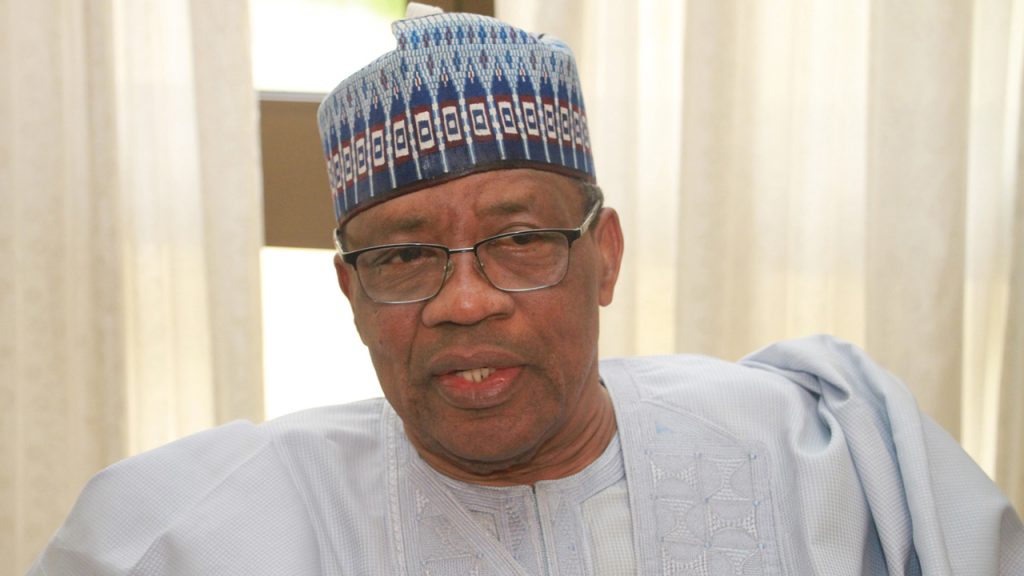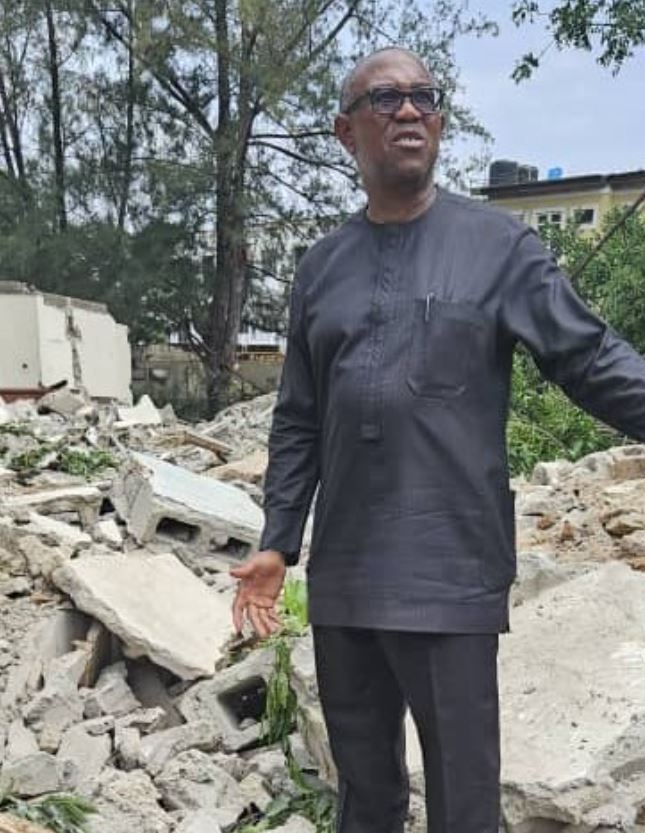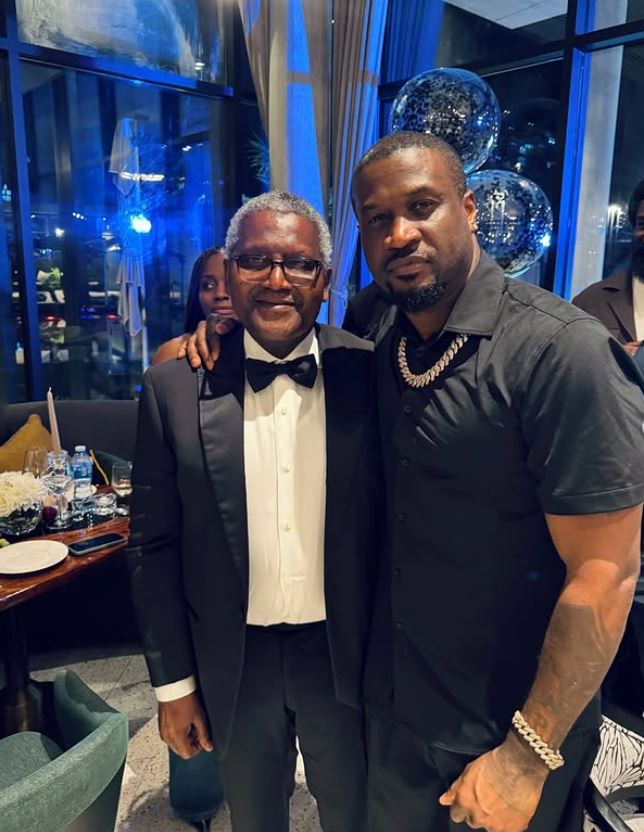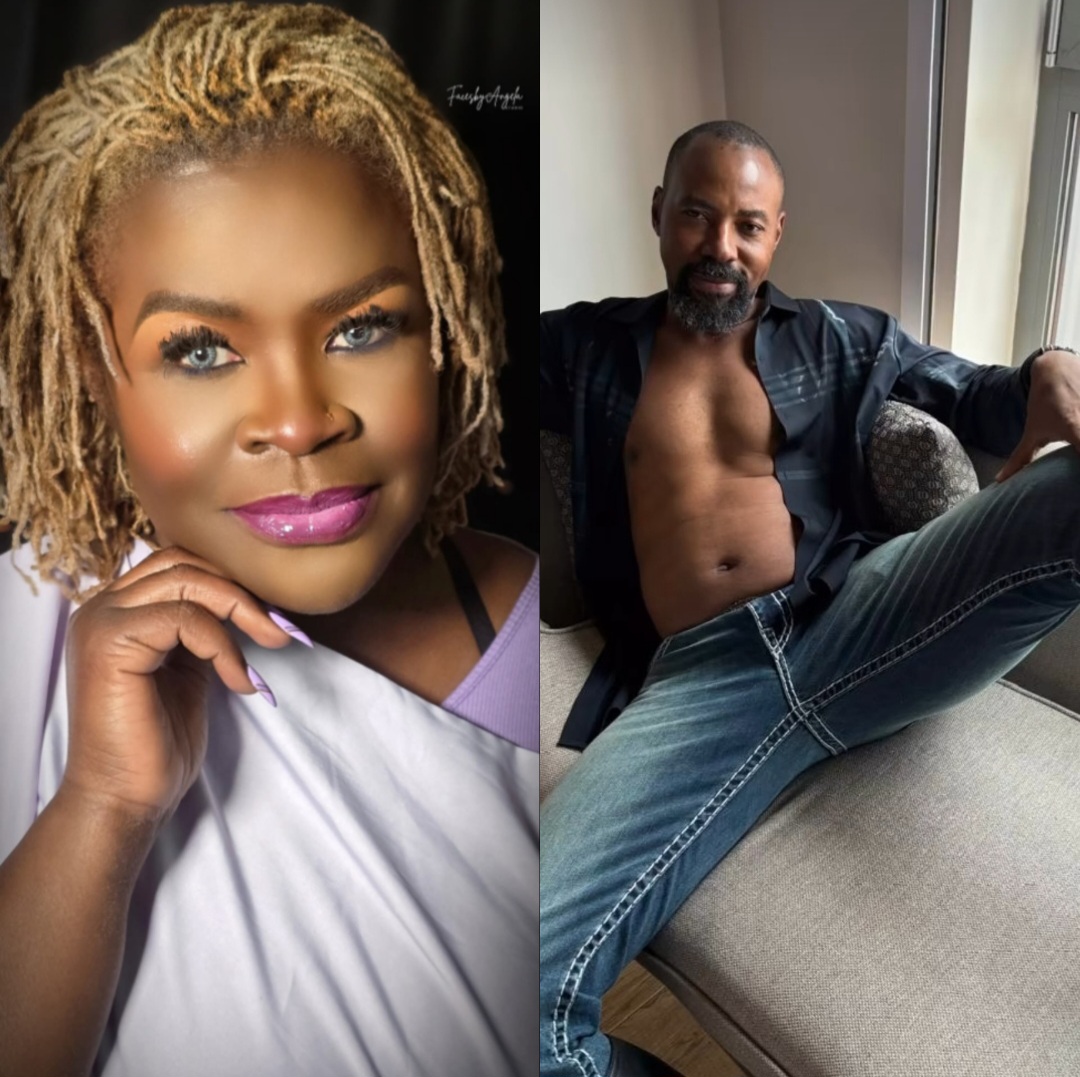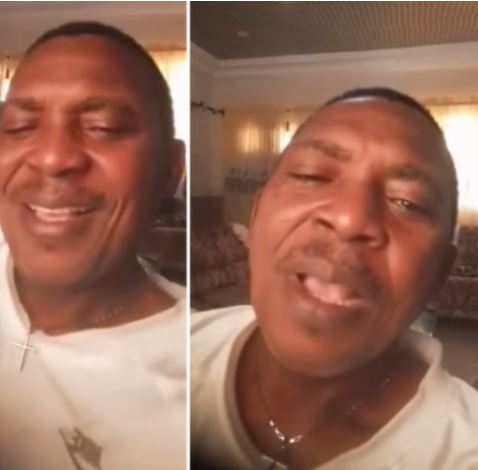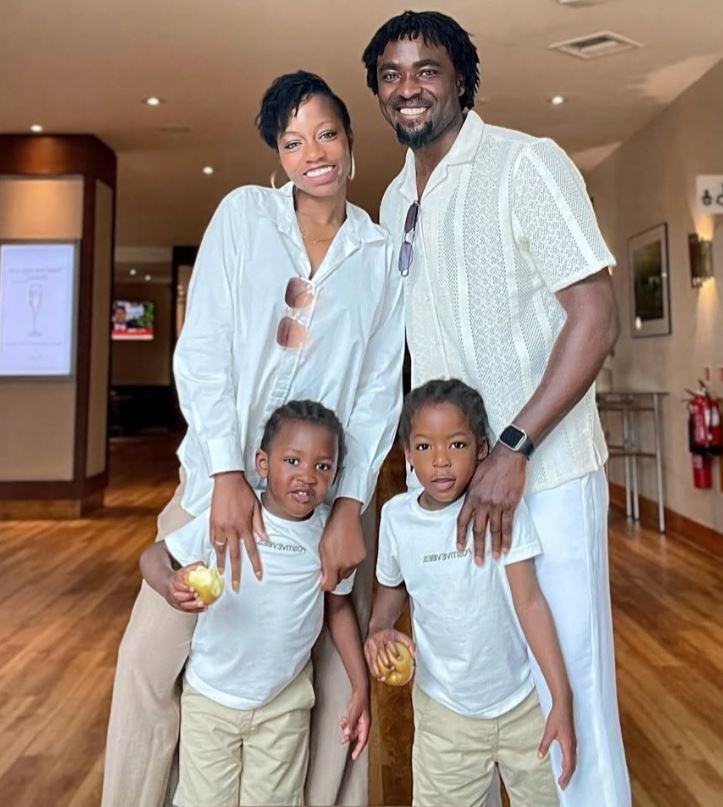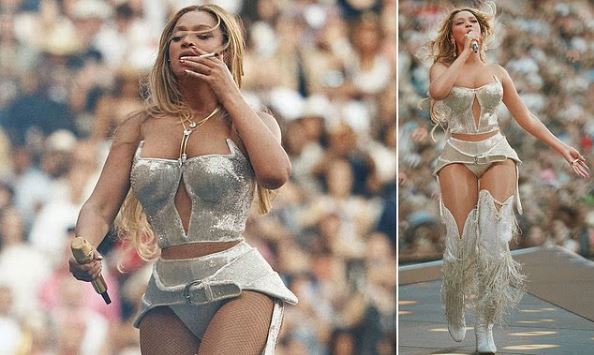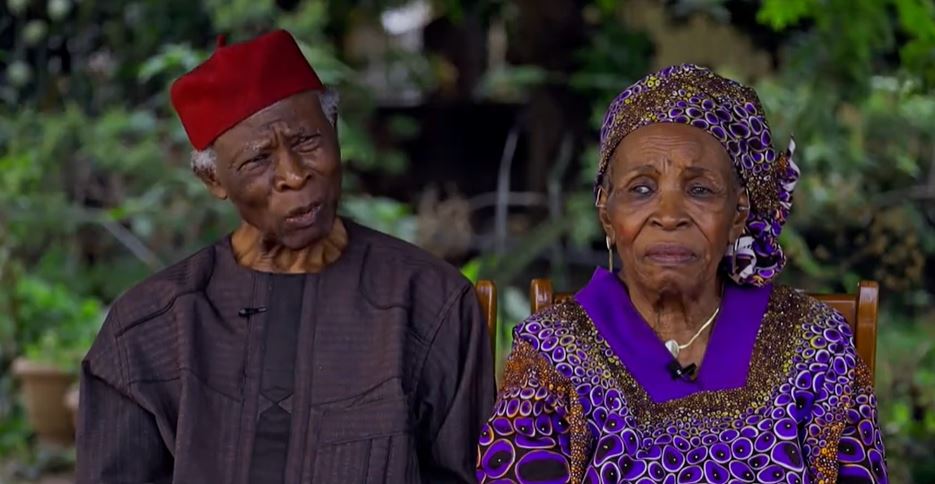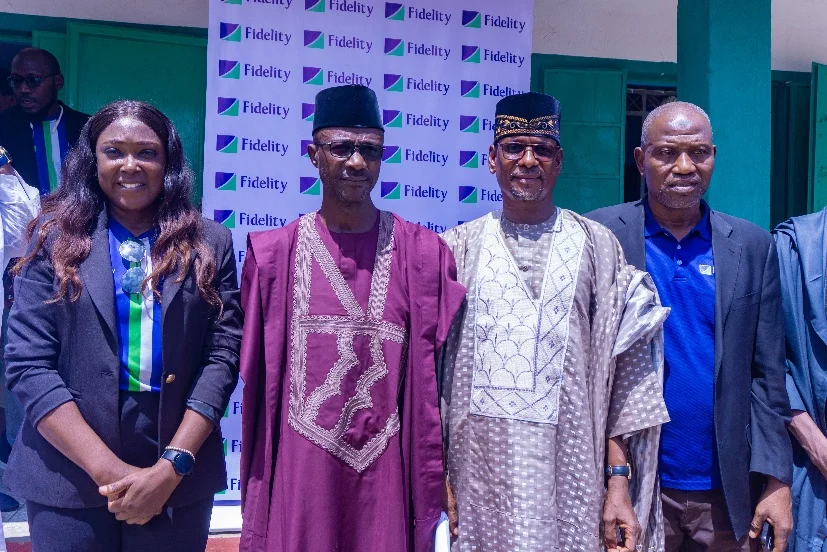Ex-Head of State Ibrahim Babangida Biography – Age, Career, Family, Death Rumors And Net Worth
Age
Ibrahim Babangida was born on the 17th of August, 1941. He turned 80 in 2021.
Career
Civil war
Following the outbreak of the civil war, Babangida was recalled and posted to the 1st Division under the command of General Mohammed Shuwa. In 1968, he became commander of the 44 Infantry Battalion which was involved in heavy fighting within Biafran territory.
In 1969, during a reconnaissance operation from Enugu to Umuahia, the battalion came under heavy enemy fire and Babangida was shot on the right side of his chest.
He was then hospitalized in Lagos, and was given the option of removing the bullet shrapnel, which he refused and still carries with him. Away and recovering from his wounds, Babangida married Maryam King on 6 September 1969. He returned to the war front in December 1969, commanding a battalion.
In January 1970, Babangida was informed by his sectional commander General Theophilus Danjuma of the capitulation of the Biafran Army to the federal military government in Lagos, signaling the end of the war.
After the war
In 1970, following the war Babangida was promoted twice and posted to the Nigerian Defence Academy as an instructor. In 1973, he was made commander of the 4 Reconnaissance Regiment. In 1975, he became the commander of the Nigerian Army Armoured Corps.
Babangida attended several defence and strategy courses. From August 1972 to June 1973, he attended the Advanced Armoured Officers Course at the United States Army Armor School. From January 1977 to July 1977, he attended the Senior Officers Course at the Armed Forces Command and Staff College, Jaji.
From 1979 to 1980, he attended the Senior Executive Course at the National Institute of Policy and Strategic Studies. In 1981, he became the Director of Army Staff Duties and Plans.
Coups d’état
The military career of Babangida was marked by involvement in all the military coups in Nigeria (a feat later surpassed by General Sani Abacha). Lieutenant Babangida was posted with the 1st Reconnaissance Squadron in Kaduna, and witnessed the events of the bloody 1966 Nigerian coup d’état, which resulted in the death of Premier Ahmadu Bello.
Alongside several young officers from Northern Nigeria, he took part in the July counter-coup which ousted General Aguiyi Ironsi replacing him with General Yakubu Gowon.
In 1975, Colonel Babangida as Commander of the Amoured Corps was a key participant in the 1975 military coup d’état that brought General Murtala Mohammed to power. He was later appointed as one of the youngest members of the Supreme Military Council from 1 August 1975 to October 1979.
Following the 1976 military coup d’état attempt that resulted in the assassination of General Murtala Mohammed, Colonel Babangida crushed the coup attempt almost single-handedly by taking back control of the Radio Nigeria station from the main prepretrator, Lieutenant Colonel Buka Suka Dimka (a close friend of his), to prevent him making further announcements over the air waves. Dimka later escaped, and was arrested in Eastern Nigeria and later publicly executed in May 1976.
In 1983, Brigadier General Babangida as Director of Army Staff Duties and Plans plotted the 1983 military coup d’ètat which overthrew the Second Nigerian Republic, with financial backing from businessman Moshood Abiola.
Babangida alongside his other co-conspirators later appointed the most senior serving officer at the time General Muhammadu Buhari as military head of state from 1983 to 1985, and Babangida was promoted and appointed as Chief of Army Staff.
Following the 1983 military coup d’état, General Babangida (then Chief of Army Staff) started scheming to overthrow military head of state General Muhammadu Buhari.
Exploiting his closeness with allies: Sani Abacha, Aliyu Gusau, Halilu Akilu, Mamman Vatsa, Gado Nasko, and younger officers from his days as an instructor in the military academy (graduates of the NDA’s Regular Course 3), he strategically positioned his allies and gradually within the military hierarchy.
The execution of the coup was initially delayed due to General Tunde Idiagbon the 6th Chief of Staff, Supreme Headquarters and ruthless second-in-command to General Muhammadu Buhari. On 27 August 1985, General Babangida and his co-conspirators orchestrated the palace coup with four Majors: Sambo Dasuki, Abubakar Dangiwa Umar, Lawan Gwadabe, and Abdulmumini Aminu detailed to arrest the head of state. In a speech, General Babangida justified the coup describing General Muhammadu Buhari’s military regime as “too rigid.”
Presidency (1985–1993)
Babangida placed General Muhammadu Buhari under house arrest in Benin until 1988. He established the Armed Forces Ruling Council (AFRC) in a bid to consolidate his power and promulgated his official title as the first military President of Nigeria.
In December 1985, Hundreds of military officers were arrested, some were tried, convicted and eventually executed for conspiring to overthrow the General Babangida – the conspirators were alleged to have been led by General Mamman Vatsa, who was Babangida’s childhood friend.
Babangida restructured the national security apparatus, appointing General Aliyu Gusau as Co-ordinator of National Security directly reporting to him in the president’s office he created the: State Security Service (SSS), National Intelligence Agency (NIA) and Defence Intelligence Agency (DIA).
In 1986, Commodore Ebitu Okoh Ukiwe, was removed as Chief of General Staff after opposing Babangida’s decision to join the Organisation of Islamic Cooperation.
Babangida’s administration has been considered the most corrupt, and responsible for creating a culture of corruption in Nigeria.
In 1985, shortly after coming to power General Babangida established the Nigerian Political Bureau of 1986. The bureau was inaugurated to conduct a national debate on the political future of Nigeria, and was charged amongst other things to “Review Nigeria’s political history and identify the basic problems which have led to our failure in the past and suggest ways of resolving and coping with these problems.” The exercise was the broadest political consultation conduced in Nigerian history.
In 1989, Babangida started making plans for the transition to the Third Nigerian Republic. He legalized the formation of political parties, and formed the two-party system with the Social Democratic Party (SDP) and National Republican Convention (NRC) ahead of the 1992 general elections.
He urged all Nigerians to join either of the parties, which the late Chief Bola Ige famously referred to as “two leper hands.” The two-party state had been a Political Bureau recommendation.
In November 1991, after a census was conducted, the National Electoral Commission (NEC) announced on 24 January 1992 that both legislative elections to a bicameral National Assembly and a presidential election would be held later that year.
A process of voting was adopted, referred to as Option A4. This process advocated that any candidate needed to pass through adoption for all elective positions from the local government, state government and federal government.
The 1992 parliamentary election went ahead as planned, with the Social Democratic Party (SDP) winning majorities in both houses of the National Assembly, but on 7 August 1992, the NEC annulled the first round of 1992 presidential primaries.
Babangida annulled the 7 August presidential primaries which Shehu Yar’Adua emerged as the SDP presidential candidate and Adamu Ciroma as the NRC candidate order to get rid of the old guard in both parties.
In January 1993, Babangida rejigged the ruling military junta – the AFRC – replacing it with the National Defence and Security Council, as the supreme decision-making organ of the regime. He also appointed Ernest Shonekan Head of the Transitional Council and de jure Head of Government.
At the time, the transitional council was designed to be the final phase leading to a scheduled hand over to an elected democratic leader in the slated for 1993 presidential election.
On 23 September 1987, Babangida created two states: Akwa Ibom State and Katsina State. On 27 August 1991, Babangida created nine more states: Abia, Enugu, Delta, Jigawa, Kebbi, Osun, Kogi, Taraba and Yobe. Bringing the total number of states in Nigeria to thirty in 1991. Babangida also increased the share of oil royalties and rents to state of origin from 1.5 to 3 percent.
Family
Babangida was married to Maryam Babangida from 1969 until her death in 2009. They had four children together; Aisha, Muhammad, Aminu, and Halima. On 27 December 2009, Maryam Babangida died from complications of ovarian cancer.
Death Rumor
There are speculations on social media about the “death” of former Head of State, Ibrahim Badamasi Babangida (IBB).
Information circulated at the weekend that the Niger-born retired General passed away.
Citing a source Sunday night, PRNigeria reported that IBB is “alive and hearty”.
Insider insists the former Nigerian leader is doing well despite some restrictions due to health reasons.
“Gen. Babangida, this afternoon, had a sort of meeting and political consultations with some friends and politicians who visited his Hill Top residence”, the source said.
80-year-old IBB recently received former Lagos State Governor, Bola Tinubu, at his residence in Minna.
The All Progressives Congress (APC) national leader explained that the trip was about the security challenges in Niger and his presidential ambition.
“I can’t stop by without paying a courtesy call to the enigma, General Ibrahim Badamasi Babangida, retired”. “He gave me his prayers. You want to know the outcome of the consultation? We are running a democracy”, Tinubu told reporters.
Net Worth
Babangida is rumoured to be worth over US$5 billion. He is believed to secretly possess a multi-billion dollar fortune via successive ownership of stakes in a number of Nigerian companies. In 2011, according to a Forbes article, Babangida is estimated to be worth US$12 billion. Babangida has rejected these claims, and insists his government “were saints.”

